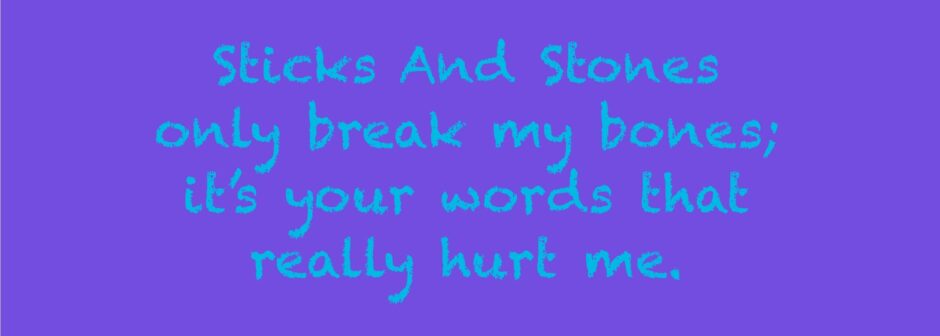The research is strong and most sources point to common dynamics in a child’s life that can lead them to act out in violence. Aaron’s situation checked most of those boxes.
All of this information, taken together, point to one main concept:
We hold the power to stop this epidemic and Aaron Stark gives us the road map.
If you read his story very carefully, you find an underlying theme. When we.. as a society, as responsible adults, as authority figures.. try to handle a child’s situation, ie. (oddly enough) offer to get them help or into a program.. it does not translate as helpful to the child. In fact, it reads as clinical to them, which is the exact opposite of personal, and it perpetuates the child’s feeling that they are the problem that needs to be dealt with.
Think of how you feel when you are treated as a ‘number’ instead of the living, breathing, feeling human being that you are.
In contrast, personal interaction, as in Aaron’s example of sharing a meal or watching a movie, validates the child’s ‘human-ness’ and helps them feel cared about, worthy of normal interaction, and seen for who they are.. a human being.
So, how do we use this information to turn things around?
Let me start with a short lesson in psychology.
People with externalistic traits feel that the world happens to them, they have no control over it, and all they can do is try to protect themselves from it. Whereas, people with internalistic traits believe that they have the power to affect change.
As a society, we are treating this epidemic with externalistic views. We tend to de-humanize the perpetrators of mass violence and demonize them.. believing that they came to this point on their own.. something must be wrong with them for them to do this to us.
At its core, this program is designed to create a paradigm shift within our societal culture.. to stop thinking and behaving externalistically and start making internalistic decisions and policies.. maybe even laws.. because the one undeniable fact is that:
It’s hurt people who hurt people.
…..Nelson Mandela once said, “If you want to change the world, change education.”
Assignment understood and accepted.
~~~~~~~~~~~~~~~~~~~~~~~~~~~~~~~~~~~~~~~~~~~~~~~~~~~~~~~~~
Our Concept
Our concept draws from three different programs of learning / experience
and blends them into one cohesive program.
Think of…
D.A.R.E.: an educational program that goes into the school system and
provides direct interaction with students.. meets
Sesame Street: an educational program that reaches children at an early
age and on a level that they can comprehend and internalize.. meets
JTPA Summer Youth Program: a (previously) federally-funded program
that provided students with hands-on experience to better equip them
to cope with life situations in the future.
We start where D.A.R.E. meets Sesame Street, but instead of talking about
drugs, our topics involve personal interactions.. and instead of Sesame
Street, our characters are based on the book series, “It’s Hard To Be A
Kid These Days!”
